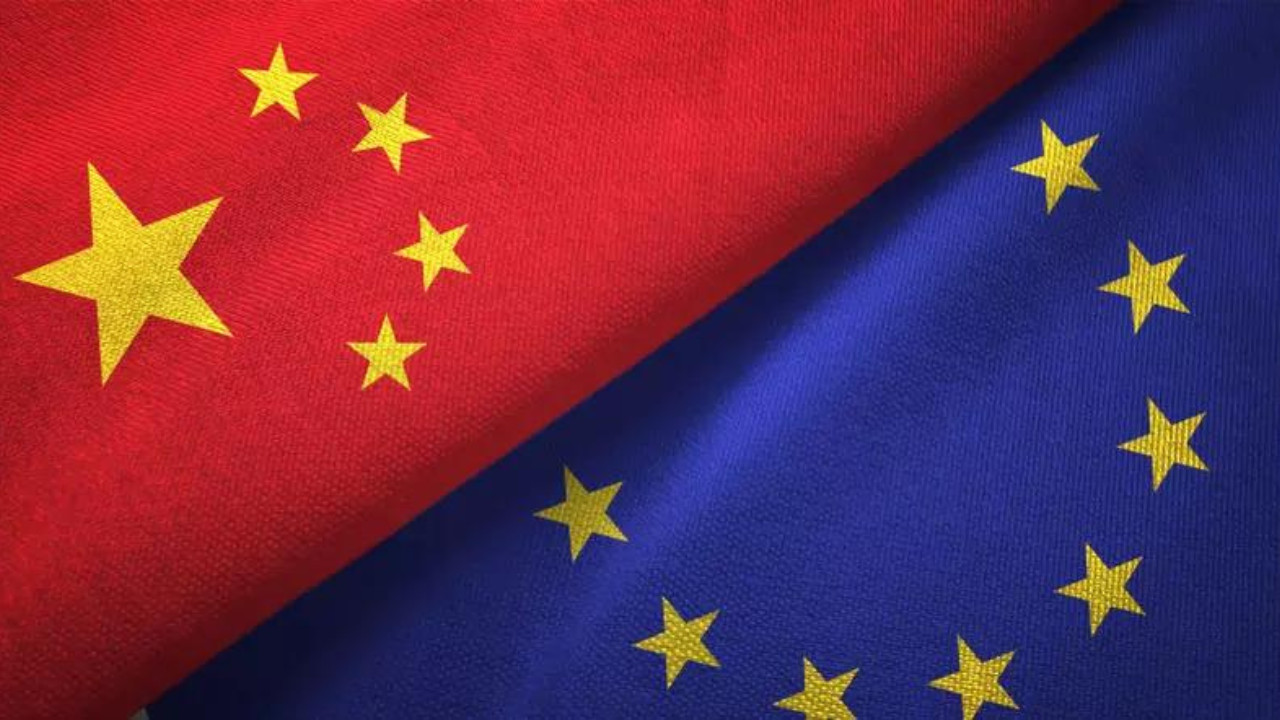China has retaliated against the EU by banning European companies from bidding on large medical equipment contracts, escalating trade tensions. This action follows the EU’s restrictions on Chinese firms in medical device procurements, citing unfair practices.
A Standoff in the Pharmacy: Is Trade War Brewing Between China and the EU?
The global trade winds are picking up, and this time, the chill is blowing between two economic giants: China and the European Union. Forget squabbles over steel or solar panels, the latest battleground is the rather vital sector of medical equipment.
Recent reports indicate that China is barring European companies from participating in significant medical equipment procurement projects. The move comes as a direct response to what Beijing perceives as discriminatory practices employed by the EU against Chinese firms. Brussels, naturally, views the situation quite differently, setting the stage for a potentially escalating trade conflict.
But what exactly is at the heart of this dispute? Let’s unpack the situation.
China’s Retaliation: A Pill Too Bitter to Swallow?
The details emerging suggest that certain European medical device manufacturers are finding themselves locked out of bidding processes for major healthcare contracts within China. This isn’t just about a few lost deals; it’s about potentially being shut out of a market with a massive and growing demand for medical technology. Consider the sheer scale of China’s healthcare system, and the implications become instantly apparent.
While specific details on which European companies are affected and the extent of the ban remain somewhat opaque, the message from Beijing is crystal clear: treat us fairly, or face the consequences. China argues that the EU is unfairly restricting Chinese companies from accessing European markets, particularly in sectors like renewable energy and electric vehicles, justifying the medical equipment ban as a necessary countermeasure.

The EU’s Perspective: Fair Play or Protectionism?
From Brussels’ perspective, the issue isn’t about discrimination but rather about ensuring fair competition. The EU maintains that it adheres to international trade rules and that any measures taken are designed to address legitimate concerns about issues like state subsidies, intellectual property theft, and market access barriers faced by European companies operating in China.
In short, the EU accuses China of unfair trade practices that give domestic companies an undue advantage. This includes preferential treatment in government procurement, lax enforcement of intellectual property rights, and the pervasive influence of state-owned enterprises. The EU believes its actions are aimed at leveling the playing field, not tilting it against Chinese businesses.
This isn’t the first time tensions have flared between the two trading partners. Accusations of unfair competition and protectionism have been a recurring theme in EU-China relations for years. However, the medical equipment sector represents a particularly sensitive area, given its direct impact on public health and the potential for disruptions in the supply of essential medical technologies.
Impact on the Medical Equipment Industry: A Delicate Diagnosis
The implications of this trade dispute for the medical equipment industry are considerable. European manufacturers stand to lose significant market share in China, while Chinese companies may face increasing scrutiny and barriers to entry in the EU. The consequences could extend beyond the companies themselves, potentially affecting hospitals, healthcare providers, and ultimately, patients.
Furthermore, the uncertainty created by this trade tension could stifle innovation and investment in the medical technology sector. Companies may become hesitant to invest in new product development or expand their operations in either market, fearing the risk of further trade restrictions or retaliatory measures.
The potential disruption to the global supply chain for medical equipment is another significant concern. Both China and the EU play crucial roles in the production and distribution of medical devices and technologies. Any significant disruption to this supply chain could lead to shortages, delays, and increased costs for healthcare providers worldwide.
What Happens Next? Finding a Path to Resolution
The current situation is a delicate one, requiring careful diplomacy and a willingness to compromise on both sides. Negotiations are likely to be complex and protracted, given the deep-seated disagreements and the high stakes involved.
One potential avenue for resolution could involve greater transparency and reciprocity in government procurement practices. Both China and the EU could agree to provide each other with greater access to their respective markets, subject to certain safeguards and conditions.
Another key area for negotiation will be intellectual property rights. The EU has long complained about the inadequate protection of intellectual property in China, which it says gives Chinese companies an unfair advantage. Strengthening intellectual property enforcement would not only benefit European companies but also foster innovation and investment in China itself.
Ultimately, a mutually beneficial resolution to this trade dispute will require a commitment to fair competition, transparency, and respect for international trade rules. Failure to do so could lead to a further escalation of tensions, with potentially damaging consequences for both economies and the global trading system. See our article on [global market trends](link-to-related-article).
The stakes are high. Finding a resolution isn’t just about trade; it’s about ensuring access to vital medical technologies for people around the world. Only time will tell if cooler heads will prevail and a compromise can be reached.
slug: china-eu-trade-row-medical-equipment







